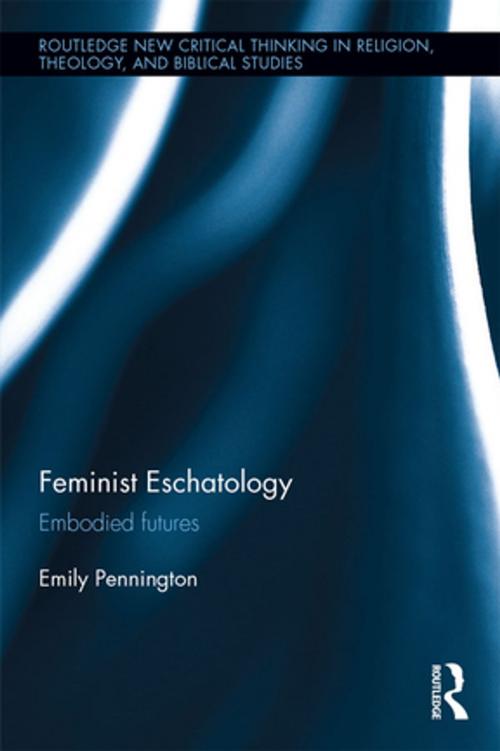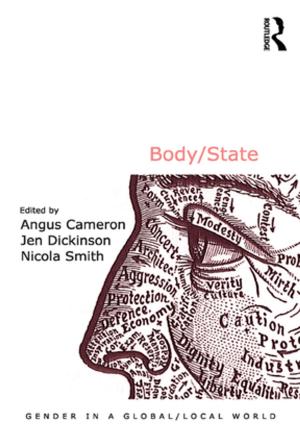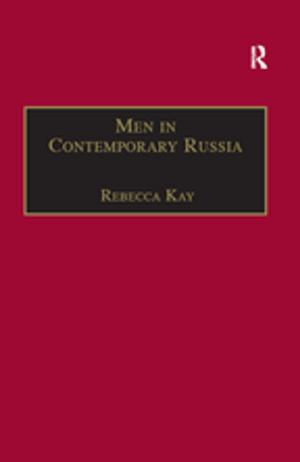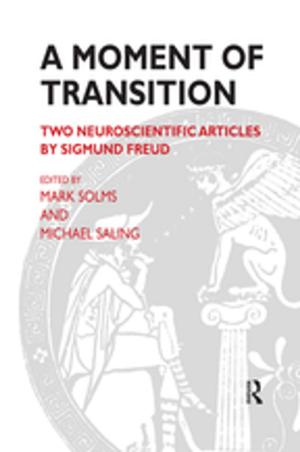| Author: | Emily Pennington | ISBN: | 9781317135692 |
| Publisher: | Taylor and Francis | Publication: | August 25, 2016 |
| Imprint: | Routledge | Language: | English |
| Author: | Emily Pennington |
| ISBN: | 9781317135692 |
| Publisher: | Taylor and Francis |
| Publication: | August 25, 2016 |
| Imprint: | Routledge |
| Language: | English |
Many feminist theologians have made timely and valuable contributions to rethinking the eschaton by framing it as cyclical and by embracing endings as they are experienced by present relational, fluid, and sensuous bodies. However, any sense of eschatological finality or ultimacy has either been rejected or ignored. Feminist Eschatology seeks to think differently about Christian eschatology in light of contributions from feminist theologians, noting the numerous and varied critiques they have made of traditional models. These critiques are identified as being directed towards three key claims: eschatology is understood to be actuated by a domineering God, populated by masculinised beings, and disassociated from present lives. Using a form of strategic feminism, wherein traits associated with female bodies, and some women's experiences of their bodies, are used to rethink the end-time of the eschaton, this book contributes to the meaning and significance of both bodies and eschatology.
Many feminist theologians have made timely and valuable contributions to rethinking the eschaton by framing it as cyclical and by embracing endings as they are experienced by present relational, fluid, and sensuous bodies. However, any sense of eschatological finality or ultimacy has either been rejected or ignored. Feminist Eschatology seeks to think differently about Christian eschatology in light of contributions from feminist theologians, noting the numerous and varied critiques they have made of traditional models. These critiques are identified as being directed towards three key claims: eschatology is understood to be actuated by a domineering God, populated by masculinised beings, and disassociated from present lives. Using a form of strategic feminism, wherein traits associated with female bodies, and some women's experiences of their bodies, are used to rethink the end-time of the eschaton, this book contributes to the meaning and significance of both bodies and eschatology.















